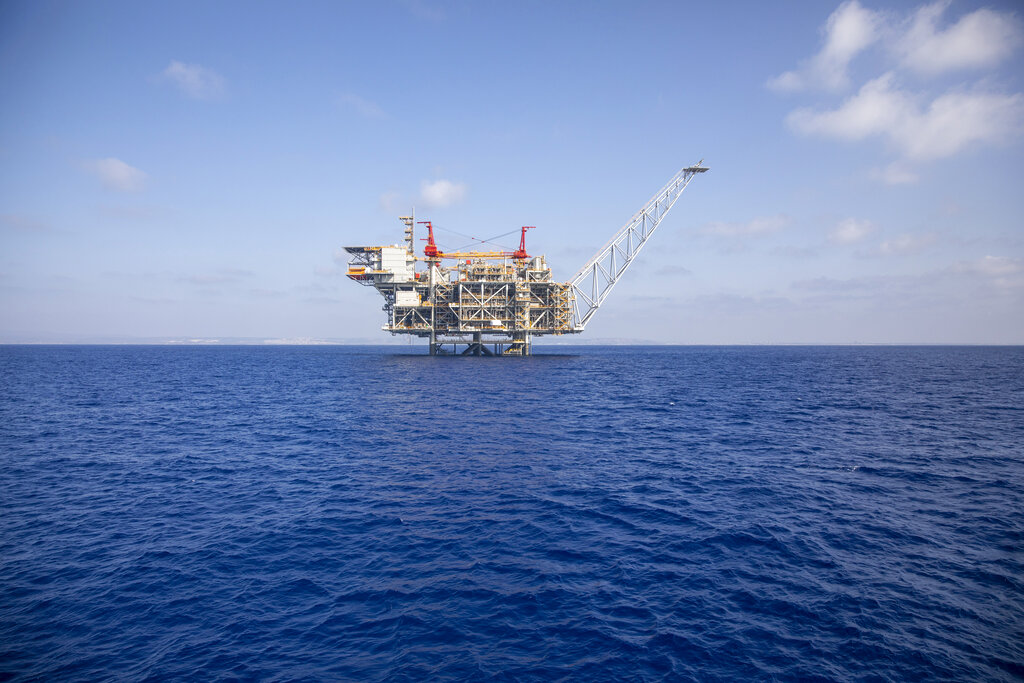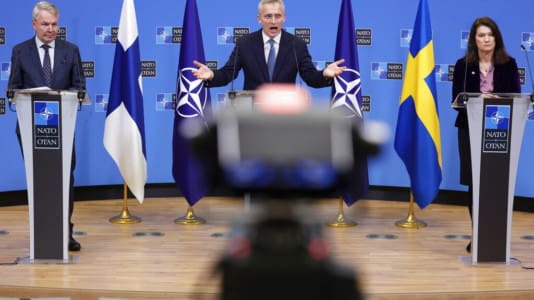As the European Union’s countries most dependent on Russian gas struggle to find alternatives, another politically complicated region could already have it.
It says a lot about the European Union’s ability to defend its interests that a war had to break out in the community’s neighborhood in order for the organization and the member states to work together to achieve their decade-long goal of reducing dependence on Russian gas.
Not because everyone finally realized that the cubic meter of Russian gas is expensive, but due to how vulnerability and reliant it makes the bloc on Russia. The EU wants to put pressure on Moscow in this way, but where can member states turn for natural gas — and, more importantly, what is the price of importing new sources?
In the eastern Levante basin of the Mediterranean sea, several large gas fields have been found in the last 20 years which has rearranged the energy policy balance in the region. Large fields discovered under Israeli and Egyptian waters, such as the Leviathan or the Zohr, have made the two countries, previously in need of imports, a net energy exporter.
The situation of EU member state Cyprus is even more interesting. Cypriots were able to celebrate the discovery of the Aphrodite gas field in 2011, which, although much smaller than the Leviathan or Zohr, created a new situation. The country has previously built significant liquefied gas capacity. Due to the division of Cyprus, the exploration of the gas fields around the island is a particularly sensitive issue, as the Lefkosia government also faces a very strong adversary: Turkey, the only country recognizing and financing the Turkish Republic of Northern Cyprus. It often refers to its unreliable natural gas trading partners, Russia, Azerbaijan and Iran.
Although this is not a large world gas supply — the Russian reserve is ten times that of Turkmenistan and three times that of Turkmen — it is huge in European terms and sufficient to supply Germany at its current consumption for 40 years. The largest of the fields, Leviathan, which belongs to Israel and has 510 billion cubic meters, is already producing, and the gas will be transported through Israel to Egypt, Jordan, Syria, and from there even to Lebanon, which is hostile to Israel.
The pipeline from the Zohr field to Egypt, along with two lng terminals, was also built. Large international capital is also easier to fill in the gas business than political will: American, Italian, Israeli, French, Russian, and Emirates hydrocarbon giants have appeared in the already producing fields of Israel, Libya, Lebanon, Egypt and Palestine, but the Greek half of Cyprus, which has not yet carried out extraction and is at the center of geopolitical conflicts, has already signed contracts with American, Italian, French, Qatari and Korean companies.






